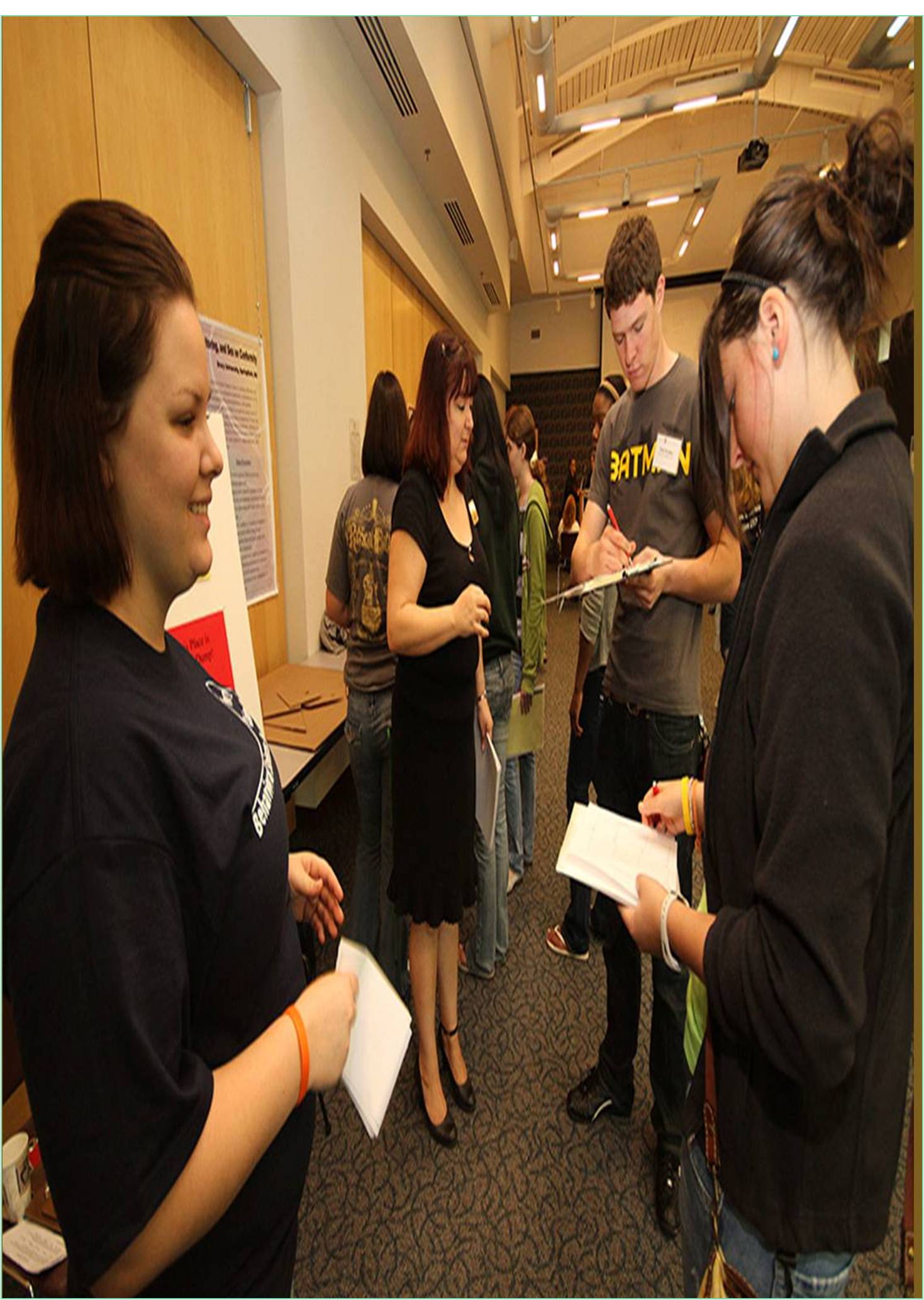



Received: 10-Jun-2021 Published: 01-Jul-2021
Parents Authoritarianism is a form of government characterized by the rejection of political plurality, the use of a strong central power to preserve the political status quo, and reductions in the rule of law, separation of powers, and democratic voting. Political scientists have created many typologies describing variations of authoritarian forms of government. Authoritarian regimes may be either autocratic or oligarchic in nature and may be based upon the rule of a party or the military.
In an influential 1964 work, the political scientist Juan Linz defined authoritarianism as possessing four qualities:
1. Limited political pluralism, realized with constraints on the legislature, political parties and interest groups.
2. Political legitimacy based upon appeals to emotion and identification of the regime as a necessary evil to combat "easily recognizable societal problems, such as underdevelopment or insurgency".
Authoritarianism thus stands in fundamental contrast to democracy. It also differs from totalitarianism, however, since authoritarian governments usually have no highly developed guiding ideology, tolerate some pluralism in social organization, lack the power to mobilize the entire population in pursuit of national goals, and exercise power within relatively predictable limits. Examples of authoritarian regimes, according to some scholars, include the pro-Western military dictatorships that existed in Latin America and elsewhere in the second half of the 20th century.
On the surface, the power of authoritarianism is on display in China's response to 2019-nCoV. The Huanan seafood market suspected as the outbreak source was closed and decontaminated within a day of the announcement. Within 3 days of confirmed human-to-human transmission, with cases rising and the world's largest mass travel event underway for the lunar new year Spring Festival, the Chinese Government imposed an unprecedented cordon sanitaire.
Movement of more than 50 million people across Hubei province was rapidly restricted, curtailing transportation inside cities and outbound transportation by air, train, and bus.
Authorities halted Spring Festival celebrations in Beijing and restricted movement into other major cities. Two 1000-bed hospitals were built within days. These moves reflect a level of control only available to authoritarian governments. WHO officials have congratulated China for setting “a new standard for outbreak response”.
Through much of January, 2020, the Wuhan Municipal Health Commission reported no evidence of human-to-human transmission, no infection among health workers, that severe cases of disease caused by 2019-nCoV infection were confined to those with underlying conditions and older people, and that the Huanan seafood market was the source. Reports in The Lancetand New England Journal of Medicine,however, show that half of patients admitted to intensive-care units were aged 25–49 years, and two-thirds had no underlying illnesses. Human-to-human transmission and health-worker infection were evident before the Chinese Government made an announcement. This information either did not make it to authorities or the public were misinformed. The Mayor of Wuhan has said publicly that not only was information not revealed in a timely manner but also they did not use information effectively. By the time quarantine went into effect on Jan 23, 2020, five million people had left the city of Wuhan for holiday travel. Outbreaks were subsequently reported throughout China.
Is there an authoritarian advantage in disease response? It seems that authoritarian information politics inhibited a rapid response to the 2019-nCoV outbreak in China, which could have limited the crisis. It is not yet clear if the extraordinary cordons and influx of resources enabled by autocratic rule will prove a successful public health strategy. Yet, in building capacity to prevent, detect, and respond to outbreaks, democratic openness and competitive politics seem more asset than inadequacy.